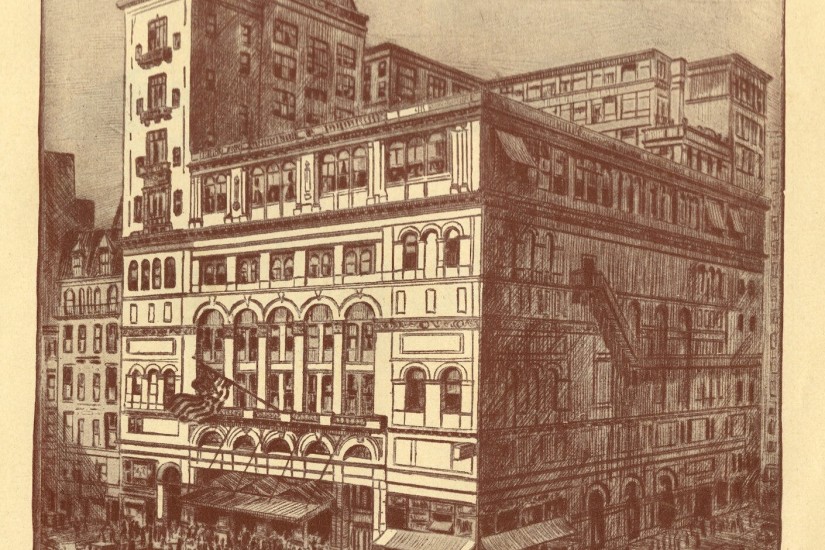In 1868, when Carnegie was 33 years old and already a very wealthy man, he wrote himself a short memorandum while staying in a hotel on a visit to New York City. He had celebrated his birthday the previous month, and growing older was on his mind.
Carnegie’s reflections suggest a deep ambivalence about the pursuits to which he had given his life. The amassing of wealth, he told himself, was “one of the worst species of idolatry. No idol more debasing than the worship of money.” If he continued on as he was—with “most of my thoughts wholly upon the way to make more money in the shortest time”—he would soon “degrade … beyond hope of permanent recovery.”1
In the end, of course, Carnegie never did leave the corporate world. He continued to focus his energy and intelligence on making money by making steel for decades after writing to himself that he would need to do the opposite in order to rescue his integrity. He sought a different solution: a way to turn the relentless pursuit of riches into a vehicle for the common good, to reconcile being perhaps—as financier J. P. Morgan called him in 1901, while negotiating the mergers that created US Steel—“the richest man in the world” with his own sense of being a moral individual, a person who lived by the precepts of and beliefs in democracy that he had held as a boy.
He did so, famously, by giving his riches away: to build thousands of libraries, concert halls, universities, intellectual institutions, even an endowment to pursue world peace. He set up annuities and pensions for friends and acquaintances, including the former president William Howard Taft. Over the course of his life, he spent most of his fortune on charitable purposes—more than $350 million, worth in the hundreds of billions today. At the same time, not coincidentally, Carnegie became a hugely successful popular author, writing books and articles and giving speeches limning his vision of capitalism, giving countless people in the Gilded Age and afterward a way to understand, and ultimately to justify, the remarkable concentration of wealth and expansion of inequality taking place around them. Like that of the Silicon Valley moguls, Carnegie’s charity emerged out of a profound discomfort about the world that his own business was helping to create, and his contributions, like theirs, affect millions of people.
But Carnegie is a model for them not only because of his gifts. Through his celebrations of philanthropy, Carnegie became a militant defender of economic inequality. Even as he feared that poor people might come to hate the rich in a highly unequal society, he argued that economic division was inevitable, indeed righteous. Carnegie’s life and thought are a study in the defense of social hierarchy; they also explain how certain strains of liberalism have sought to make politics that might seem unacceptable instead appear to be the only moral way.
